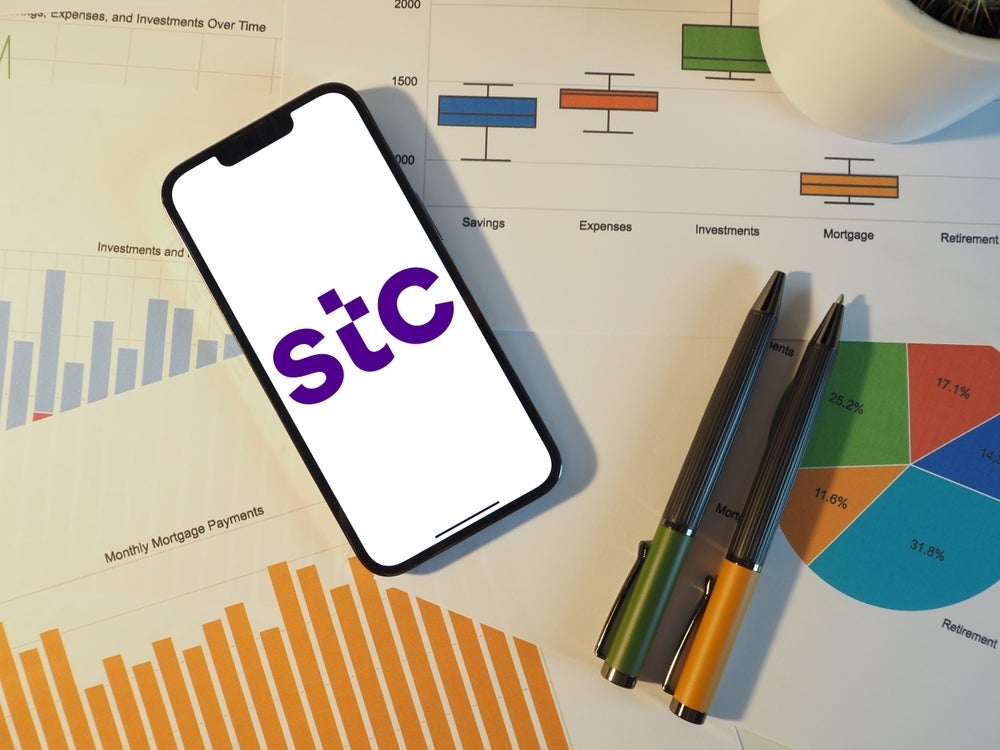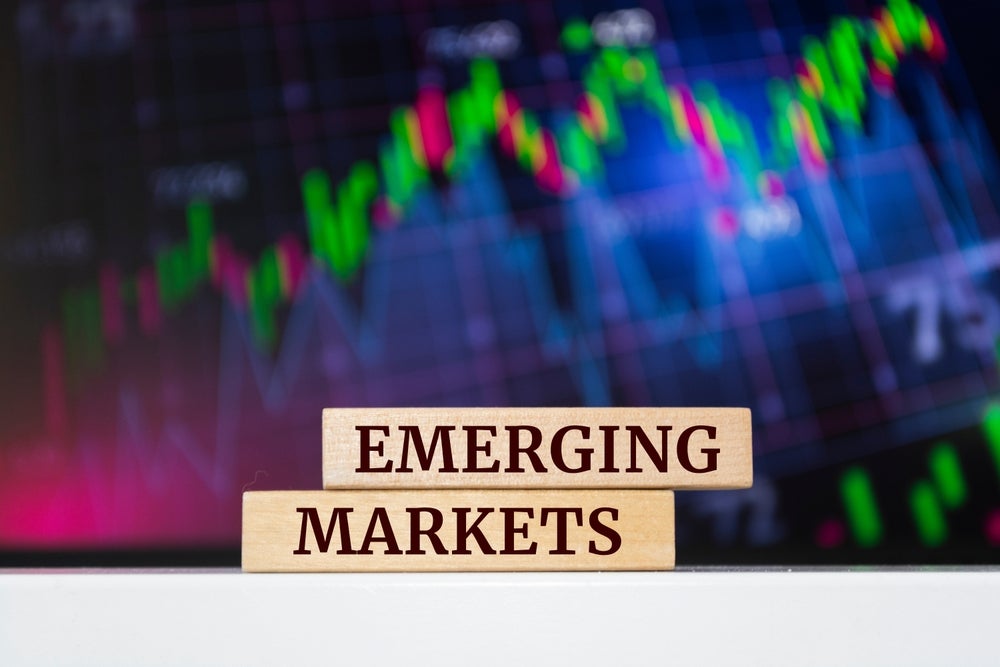The European Commission is calling stakeholders from the
card, internet and mobile payments industries to consult
on issues within the European payments market. Duygu Tavan
reports
The European Commission (EC) has published its
first consultation paper, Towards an Integrated European Market
for Card, Internet and Mobile Payments, to initiate debate
among the various industries within payments on the best approaches
towards the vision of a single European market.
In the paper, the EC highlights the issues of
the payments market as:
- Market access and entry for existing and new
service providers - Payment security and data protection
- Transparent and efficient pricing of payment
services - Technical standardisation
- Inter-operability between service
providers
This call for an industry response is not
stopping the EC from voicing its own beliefs.
The internal market and services commissioner
at the EC, Michel Barnier, and vice president Joaquín Almunia both
criticise the fragmented electronic payments landscape – which
spans mobile phone network operators and handset manufacturers,
banks, payments processors, card issuers and acquirers. They say
fragmentation is a barrier to achieving all the potential of future
payment methods.
How well do you really know your competitors?
Access the most comprehensive Company Profiles on the market, powered by GlobalData. Save hours of research. Gain competitive edge.

Thank you!
Your download email will arrive shortly
Not ready to buy yet? Download a free sample
We are confident about the unique quality of our Company Profiles. However, we want you to make the most beneficial decision for your business, so we offer a free sample that you can download by submitting the below form
By GlobalData“Inefficient payments systems within the
European Union unduly raise transaction costs; undermine the global
competitiveness of the European economy and limit its potential for
growth. Europe’s consumers, merchants and companies deserve payment
services in tune with the 21st century: transparent, with genuine
value-added and making the best use of our technologies.”
This is logical and already
widely-acknowledged. While the EC’s argument for a seamless and
transparent cross-channel, and cross-border, European payments
service is reasonable, it is also a bit too early. Mobile payments
is still in its infancy. Online payments are more established,
although at varying degrees around Europe (see map) and
cards payments are still popular with consumers everywhere in
Europe. To claim innovation has been lagging, and to demand
seamless standards now, many would argue that the EC is failing to
recognise a number of factors:
- the countries in Europe are at varying
degrees of payment product adoption; - m- and e-commerce are emerging sectors which
require testing and funding; - there is no legal framework telling companies
how to do business, so innovation and roll-out are based on
trial-and-error.
“There are things we agree with and not,” says
Jorn Lambert Head of Emerging payments and mobile Europe. There has
been efficient innovation, he argues. “We had EMV, which was a long
and painful exercise, we have contactless, there is Secure Code and
other initiatives happening.”
“There is fragmentation, but [the industry] is
bound to have some level of it. m-commerce and m-payment cause a
flurry of innovation, but deployment is difficult. We find that
many companies do not go beyond pilots because the economic
framework they are working with already challenges them.”
“We are not convinced that [the industry]
needs a body like the EC to respond to the challenges. Some of
their questions could be interpreted as biased or stirring towards
an answer. But at least they are opening up and asking questions
and the industry can then respond to them.”
A step forward
Before the SEPA end-date was officially set,
the debate about governance and self-regulation reverberated loudly
across Europe. How much regulation was required, how well could the
industry regulate itself? This question has not been answered yet,
but the Green Paper and the EC’s decision to put a migration
end-date to SEPA signals a move towards an answer.
e- and m-commerce industries, mobile-, and
internet-based solutions are the arms in the war against cash.
While business opportunities and services provided for remittances
are gaining momentum in Europe, there is still concern among the
regulators about a lack of efficient legislation. These types of
consultation papers may well encourage the industry to work more
closely and efficiently together.
The EC accepts responses to
the Green
Paper until 11 April.






